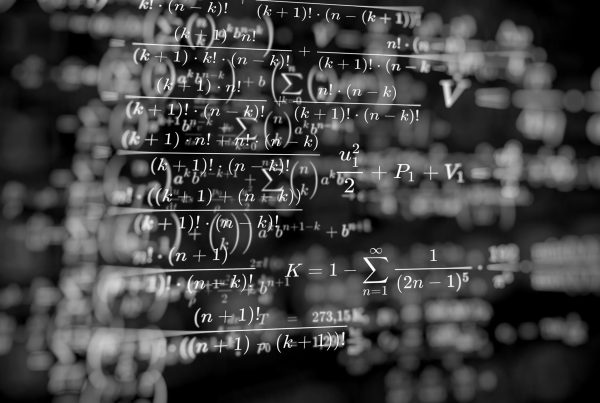Originally applied to scriptural exegesis (interpretation), hermeneutics is more generally the theory and method of all “textual” interpretation. In the modern context, this refers to both verbal and non-verbal “texts” or communications. It encompasses semiotics (the study of semiosis, or sign process—a “sign” being anything that communicates a meaning) and pragmatics (presupposition, the role of implicit assumptions about the world in creating meaning).
Although exegesis has existed in many cultures since antiquity, the self-reflexive use and study of interpretation and meaning-creation began in the eighteenth and nineteenth centuries with such philosophers as Friedrich Schleiermacher (1768-1834) and Wilhelm Dilthey (1833-1911) and transitioned into the twentieth century with Hans-Georg Gadamer (1900-2002).




































